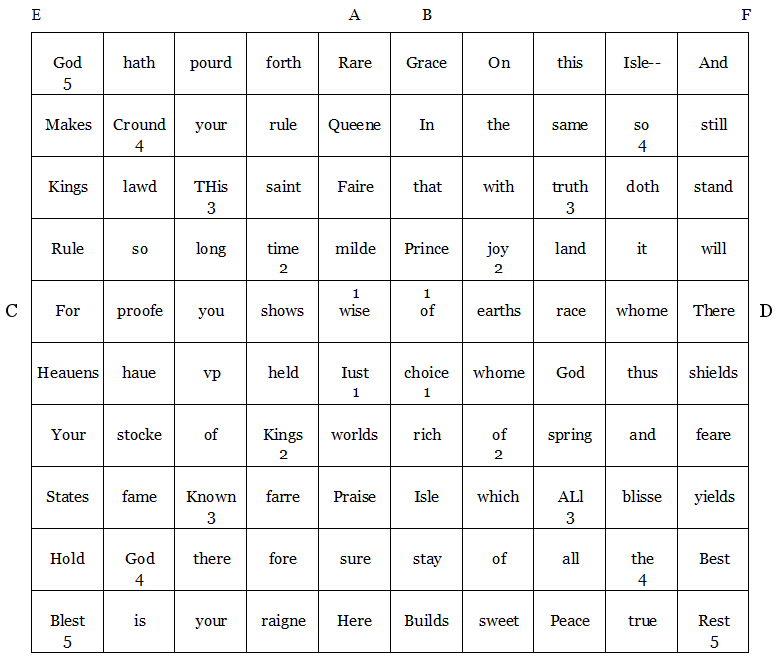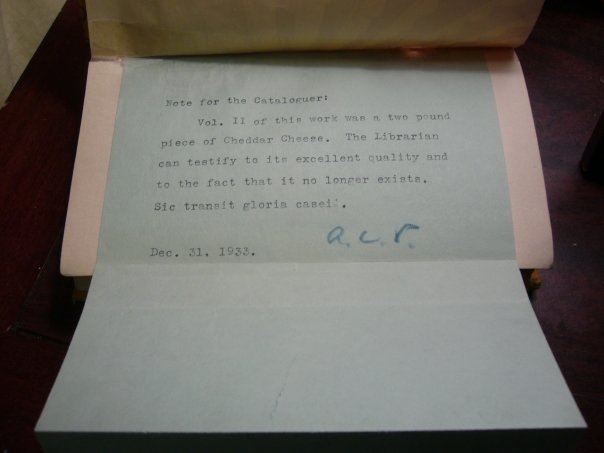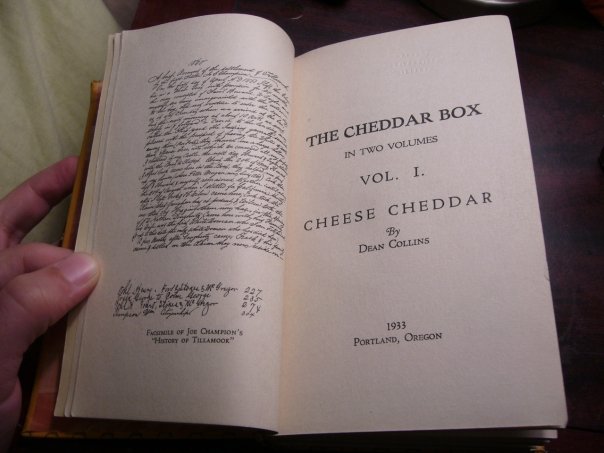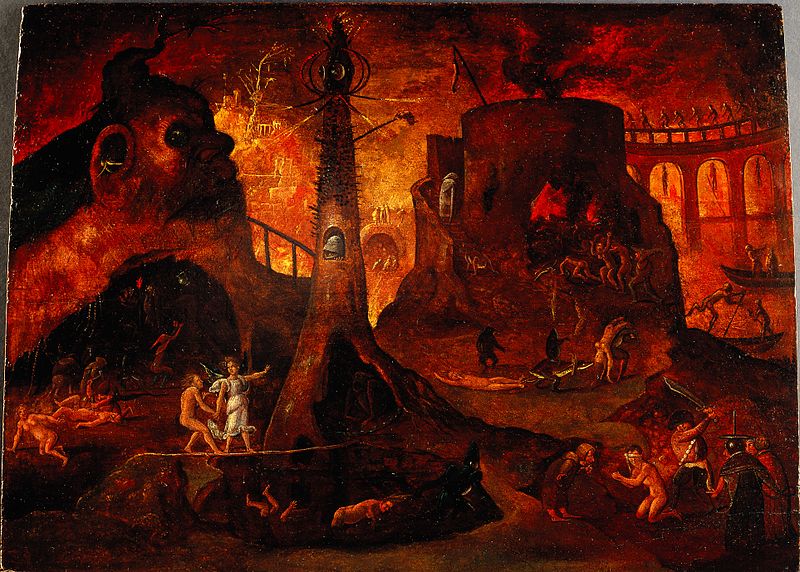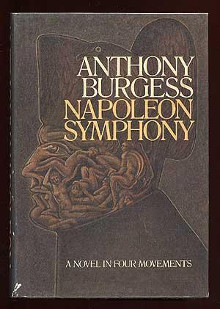
Anthony Burgess based his 1974 novel Napoleon Symphony explicitly on the structure of Beethoven’s Symphony No. 3, the Eroica:
- The story is told in four “movements,” whose length corresponds to the listening time of the corresponding parts of the symphony: 118 pages (14:46 minutes), 120 pages (15:34 minutes), 30 pages (5:33 minutes), and 77 pages (11:27 minutes).
- The allegro takes Bonaparte “from his early Italian triumphs to his crowning as Emperor”; the marcia funebre moves to the retreat from Russia; in the scherzo Napoleon attends a play featuring Prometheus; and the finale depicts his life and death on St. Helena.
- Where the symphony begins with two sharp chords, the novel starts with Napoleon giving Josephine “two excruciating love-pinches.” In the first movement Bonaparte corresponds to the “masculine thematic group,” Josephine to the “second, or feminine subject.” The sonata form requires repetition, so, for example, the opening sentence, “Germinal in the Year Four” appears in the “recapitulation” with a slight variation, as “Germinal in the Year Seven.” The contrasting themes are reflected in shifts of scene and viewpoint, and harmonic variation is suggested by the frequent repetition of certain phrases with minor changes.
- In the second movement Napoleon dreams of his death in verses set precisely to the rhythm of Beethoven’s theme (these are printed with the score in his essay “Bonaparte in E Flat” in This Man and Music):
There he lies,
Ensanguinated tyrant
O bloody, bloody tyrant
See
How the sin within
Doth incarnadine
His skin
From the shin to the chin. - During the retreat from Russia, he approximates counterpoint by writing in two levels of language, which he hopes “will leave an aftertaste of polyphony.” For example: “The primary need, General Eblé said, is to obtain the requisite structural materials and this will certainly entail the demolition of civilian housing in the adjacent township. Now the first job, Sergeant Rebour said, is to get planking, and the only way to get it is to pull down all those fucking houses.”
- In the scherzo the waltz rhythm is reflected in sentences such as “Dance dance dance! The orchestra struck up another waltz” and “They danced. United Kingdom of Benelux Benelux, Britain gets Malte and Cape of Good Hope.”
- The finale is based on the so-called Prometheus theme (E-flat, B-flat, B-flat, E-flat), which Burgess visualizes as a cross in the score. He interprets the initials on Jesus’ cross, INRI, as Impera[torem] Nap[oleonem] Regem Interfec[it], an acrostic that recurs throughout the movement.
Overall, Burgess said, he wanted to pursue “one mad idea”: “to give / Symphonic shape to verbal narrative” and to “impose on life … the abstract patterns of the symphonist.”
He dedicated the novel to Stanley Kubrick, hoping that it might form the basis of the director’s long-planned biography of the emperor, but Kubrick decided that “the [manuscript] is not a work that can help me make a film about the life of Napoleon.” Undismayed, Burgess developed it instead into an experimental novel. The critics didn’t like it, but he said it was “elephantine fun” to write.
(From Theodore Ziolkowski, Music Into Fiction, 2017.)




